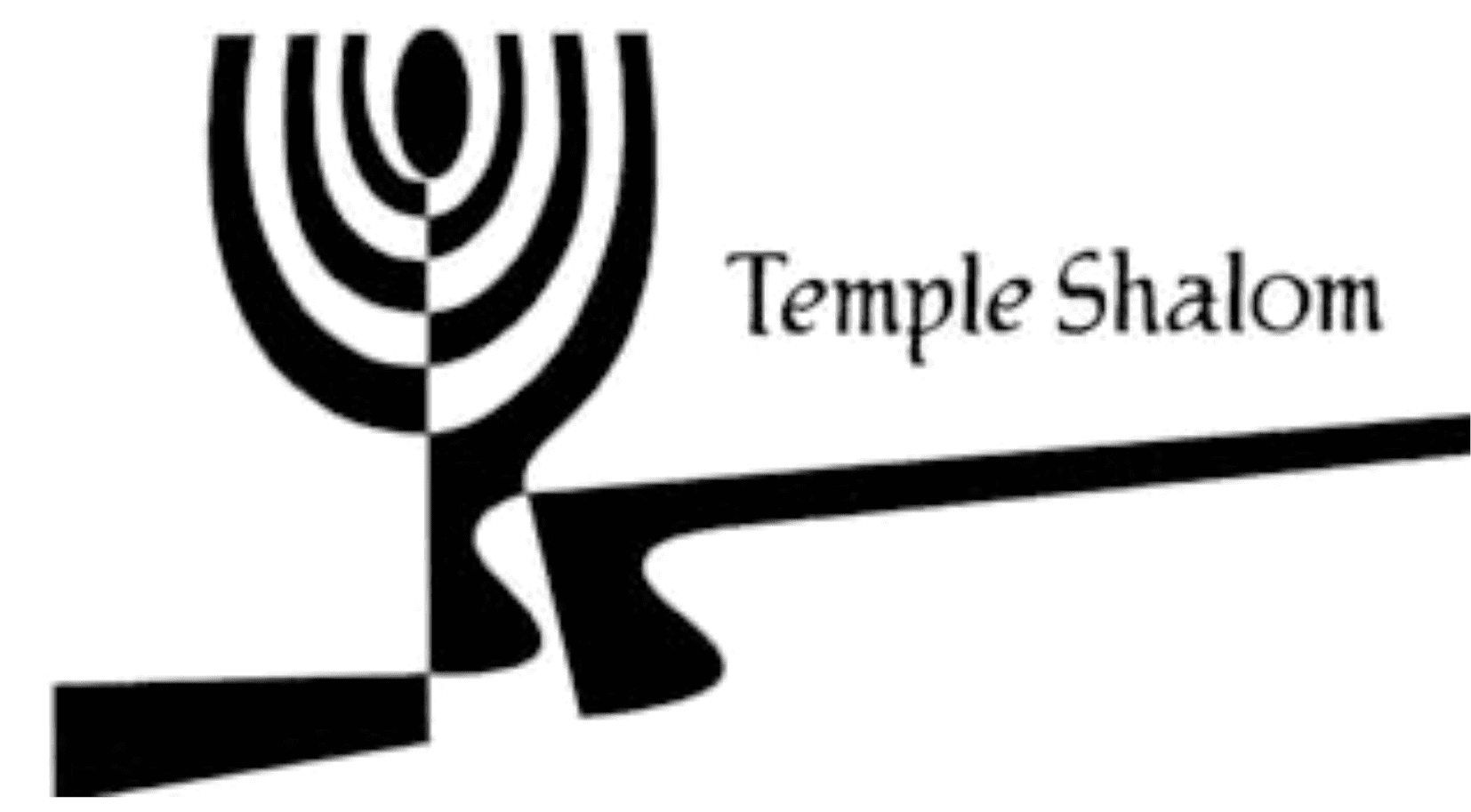D’var: Parsha Tazria-Metzora – Earth Day: Apr 22/23
I’ve been asked to give a Mini-D’var today so I’ll try and be brief. The first part of the D’var is called
The Challenge; which is to try and relate the topic of our parsha, a white, flaky skin affliction called
tsara’at, which causes ritual impurity, with topics related to Earth Day. A daunting task perhaps but I
figured that if I could relate the building of the Golden Calf and the Mishkan to the legend of the
Golem and Artificial Intelligence, as I did in my D’var last month, then anything was possible.
In the second part of the D’var I will give you a sampling of scripture and commentary in Judaism that
reflects the importance placed on environmental sustainability in our tradition. Right off the bat, in
Genesis 2:15, God places Man in the Garden “’avodah oolishamra”, to tillm it and watch over it. In
Midrash Ecclesiastes Rabba, God says to Adam: “…see my works how fine and excellent they are? All
that I created, I created for you. Reflect on this and do not corrupt or desolate my world; for if you do
there will be no-one to repair it after you.” There is also the Talmudic concept of bal tashchit which
prohibits needless destruction. It derives from Deut 20:19 which prohibits the destruction of fruit trees
of the enemy when laying siege to a city during warfare. Maimonides expands the principle to include
vessels, garments, buildings, wellsprings, food, etc and, in fact, Sefer Hasdidim proclaims that
righteous people should grieve even for one wasted mustard seed. The Torah also prescribes the
practices of “orlah” (not picking fruit of new plants until the third season) and “shmita” (resting the soil
every seventh year) that encourage responsible stewardship of our resources.
So on to today’s parsha which is the last to deal directly with the halacha on ritual impurity. We learn
about “tsara’at”, the skin affliction which must be diagnosed by a priest and the individual is then
rendered “pure” through a complex process of isolation and sacrifices. The sages agree that tsara’at is
an indication of a spiritual malady rather than a physical malady and that it is related to the
transgression of “lashan hora” (evil tongue); that is the spreading of falsehoods or gossiping about
others. This derives from Chapter 12 in Bamidbar when Miriam is afflicted with tsara’at for speaking
badly of Moses.However, in the portion just read by the Rabbi (Vayikra 14:33-42) we encounter a
different form of tsara’at which is associated with a different sin- the sin of selfishness. If a homeowner
observes “negah tsara’at” (an eruptive plague) on his house, he must summon the priest to examine it.
Before this priestly audit occurs, the entire contents of the home must be removed to prevent them from
becoming impure. From this, the sages infer that the sin of selfishness is to blame. Their reasoning goes
like this; with all of one’s possessions publicly displayed on the lawn, their neighbours can discern all
the items that they may have asked to borrow and were rebuffed by the owner who claimed falsely not
to own them. A bit of a stretch by our sages?- perhaps. But doesn’t this scenario have direct parallels to
our difficulties in mobilizing efforts to combat our climate crisis? Does it not reflect the fact that too
many of us value our unsustainable, materialistic lifestyles over our collective social responsibilities?
As the scholar Alex Israel puts it: “A house is not a home if the walls represent an impermeable barrier
to the problems and concerns of the outside world.”
Finally, I’d like to say a few words about HOPE, a concept I struggle with when faced with the
overwhelming challenge faced by our planet. I recently attended a webinar presented by Peace Now, an
Israeli organization devoted to supporting a two-state solution In Israel-Palestine. The title of the
webinar was “Annexation in all-but name” and, as you can imagine, the political situation was
portrayed as dire. Towards the end the presenter was asked how he was able to maintain hope in the
face of all the forces against peace. His answer, which stuck with me, was: “Hope is a political act”; a
conscious decision to “risk hope” to reject paralysis and to do what we can. As the author of Kohelet
urges us: “Whatever is in your power to do, do it with all your might.” We ask you to join us in our
efforts to do what we can do.
Norm F.

